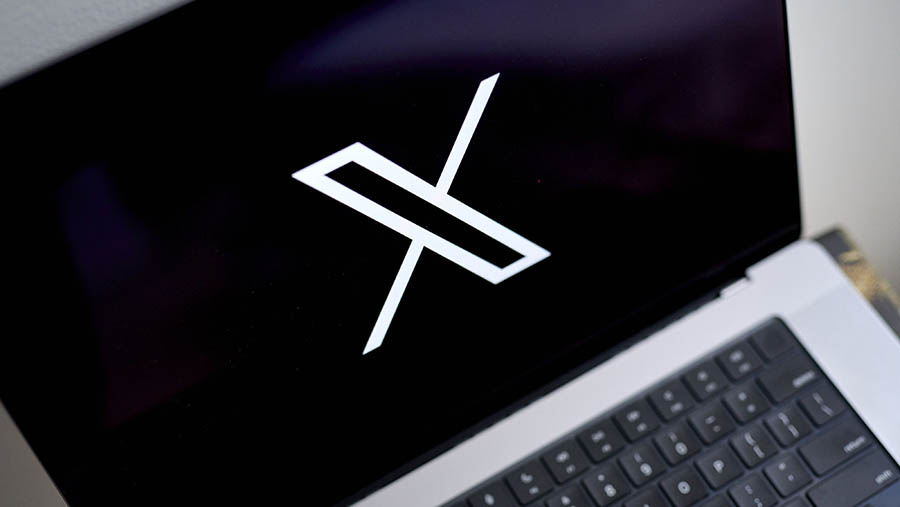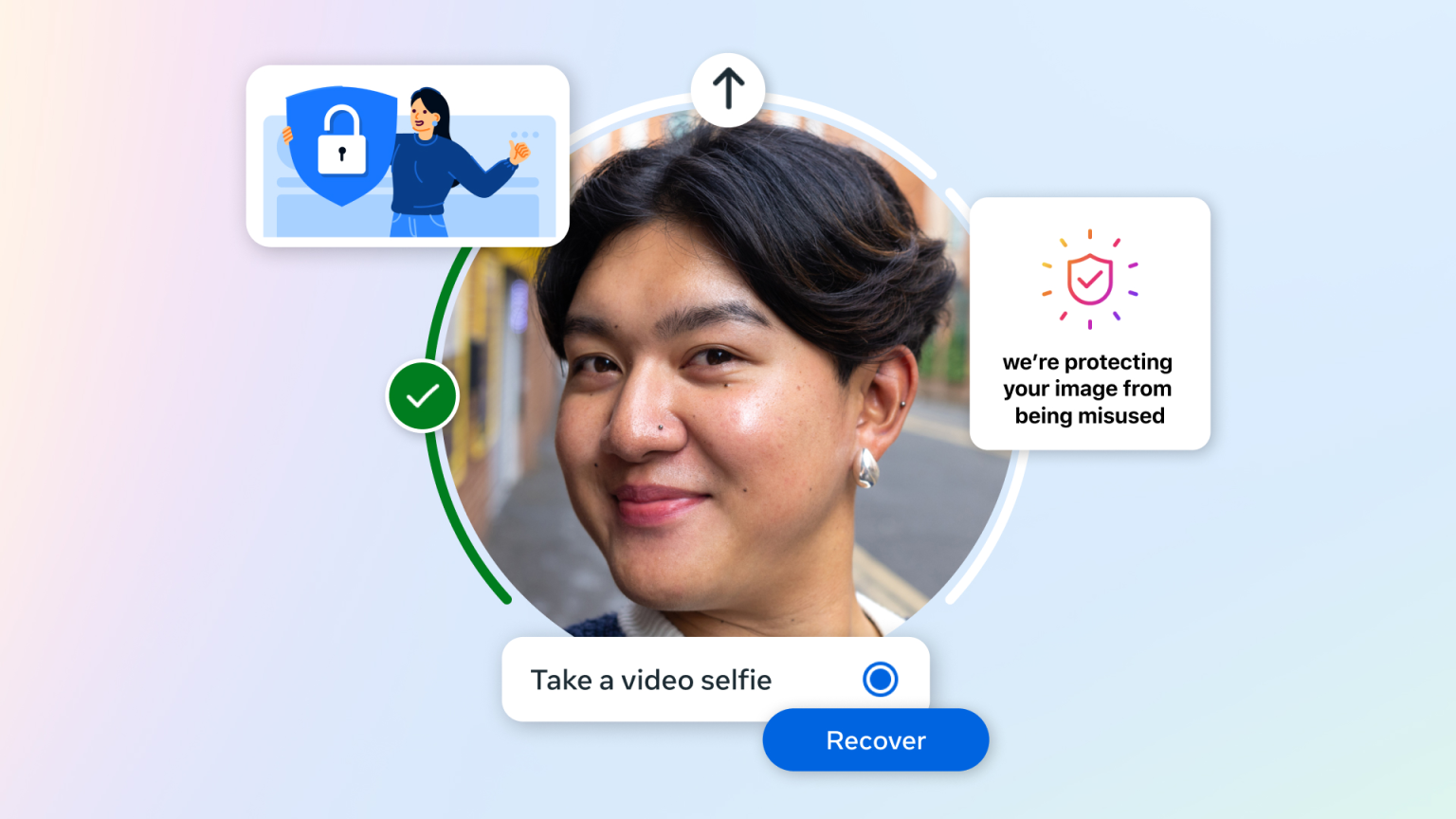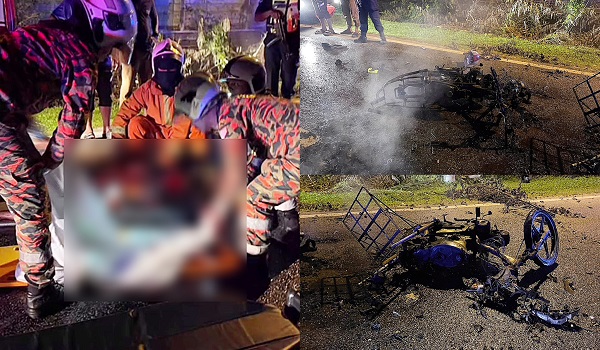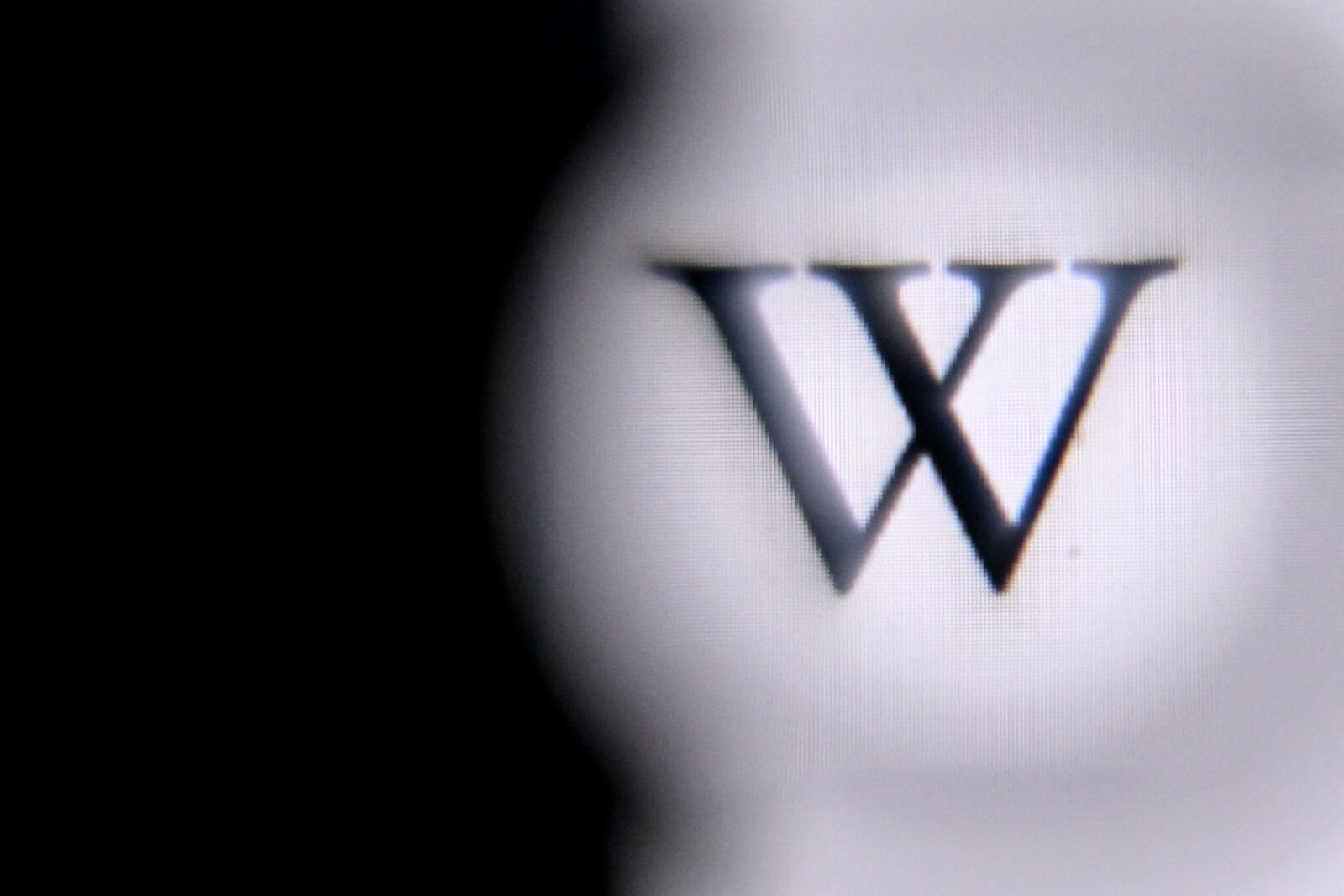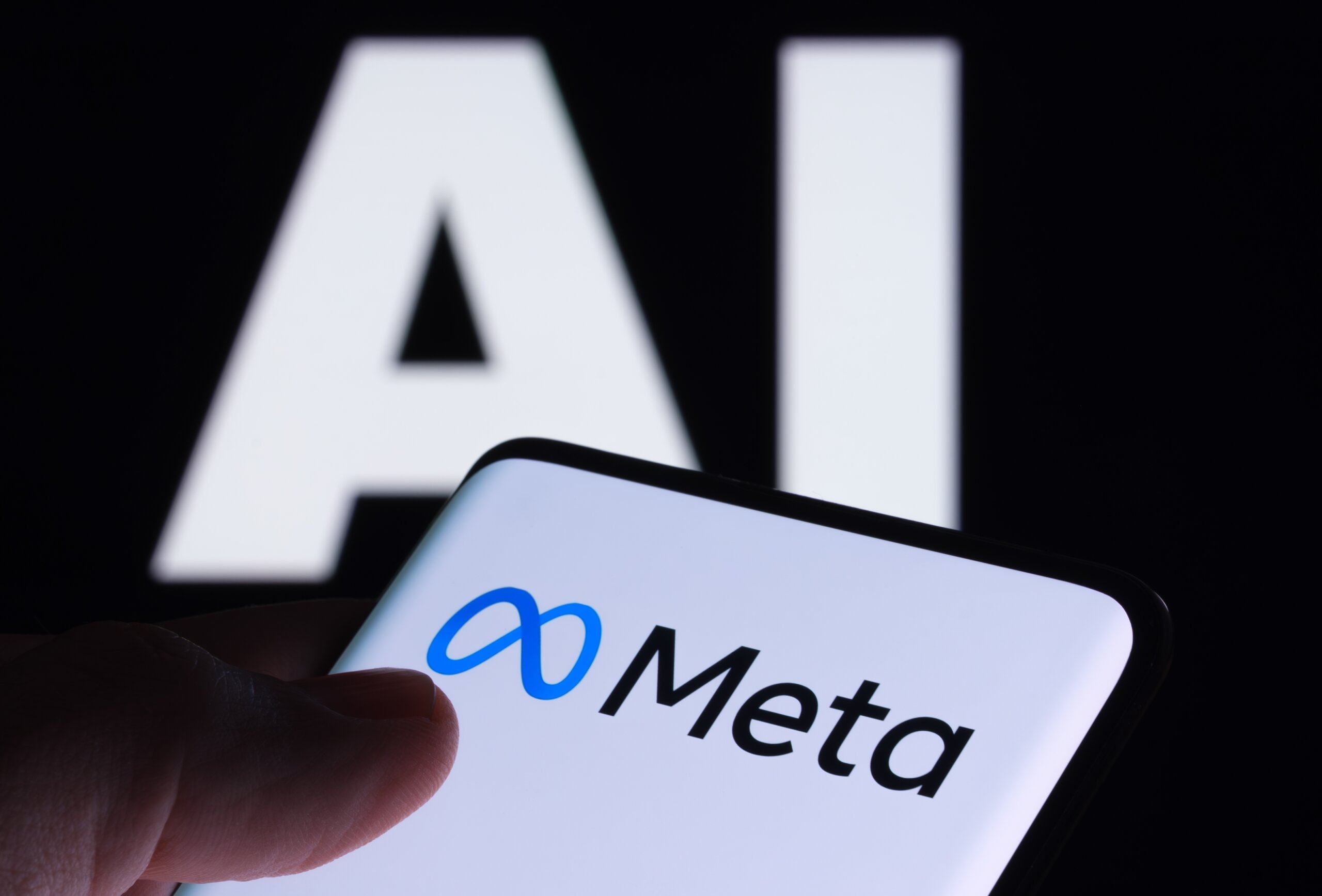Meta is reintroducing facial recognition technology to Facebook and Instagram, this time focusing on combating scams and aiding account recovery while attempting to address previous privacy concerns.
The company previously discontinued its facial recognition system in 2021 amid public backlash and legal issues but is now rolling out new features designed to fight scams like “celeb-bait ads” and help users regain access to locked accounts. These new applications of facial recognition are intended to enhance security without violating privacy laws.
One of the key uses of the technology will be in detecting scam ads that use the images of celebrities or public figures to deceive users. These so-called “celeb-bait ads” are designed to lure users into clicking on scam websites. Meta’s current system for reviewing ads has struggled to identify these fraudulent ads because many legitimate companies also use celebrity images for marketing purposes. To address this issue, Meta plans to deploy facial recognition to compare faces in scam ads with the Facebook and Instagram profile pictures of public figures. If a match is confirmed, Meta will block the ad.
Monika Bickert, Meta’s Vice President of Content Policy, explained that early tests of the technology with a small group of celebrities and public figures have shown promising results in increasing the speed and accuracy of detecting and blocking scam ads. The company plans to automatically enroll more public figures into the program in the coming weeks, although individuals will have the option to opt out of the protection.
Facial Recognition for Account Recovery
In addition to scam detection, Meta is also testing facial recognition as part of a new account recovery tool. This feature is designed to help users regain access to their accounts if they are locked out due to lost credentials or a hacking attempt.
Users will be able to upload a “video selfie,” which Meta will compare to their profile photos to verify their identity. If the verification is successful, the user will regain access to their account. This new option will complement Meta’s existing account recovery processes, including the option to upload official ID documents, but it may not be available to all users, such as those managing business pages that don’t feature personal profile photos.
Potential Risks with Deepfake Technology
Although this new tool is aimed at preventing hackers from taking over accounts, there are concerns about whether scammers could exploit the system using deepfake technologies. A Meta spokesperson acknowledged that the company does not yet have data on how well the system will hold up against synthetic videos but stated that Meta plans to monitor and refine the technology as it is tested more broadly.
Meta’s reintroduction of facial recognition comes after the company faced significant legal challenges related to its earlier use of the technology. In 2021, Meta shut down its previous facial recognition system, which automatically tagged users in photos, after facing growing concerns over privacy and biometric data collection. The company paid substantial settlements in lawsuits in Illinois and Texas, totaling $650 million and $1.4 billion, respectively.
As a result, Meta’s new facial recognition tools will not be available in Illinois, Texas, the UK, or the European Union initially, though Meta hopes to expand the program globally by 2025 following discussions with regulators in these regions.
Measures to Address Privacy Risks
Despite the company’s troubled history with facial recognition, Bickert emphasized that Meta has always believed in the potential of the technology for privacy and security purposes. Meta is taking steps to mitigate privacy risks with these new tools, including ensuring that any facial data used for verification is immediately deleted after the comparison is made, regardless of whether there is a match. The company has also conducted a thorough privacy and risk review process, consulting with privacy lawyers, engineers, and policy experts to ensure compliance with privacy laws.
Meta plans to broadly test the facial recognition system for detecting celeb-bait ads by December, with the video selfie recovery option rolling out to more users in the coming months. Celebrities and public figures will have the ability to opt out of the scam ad protection feature if they choose.



